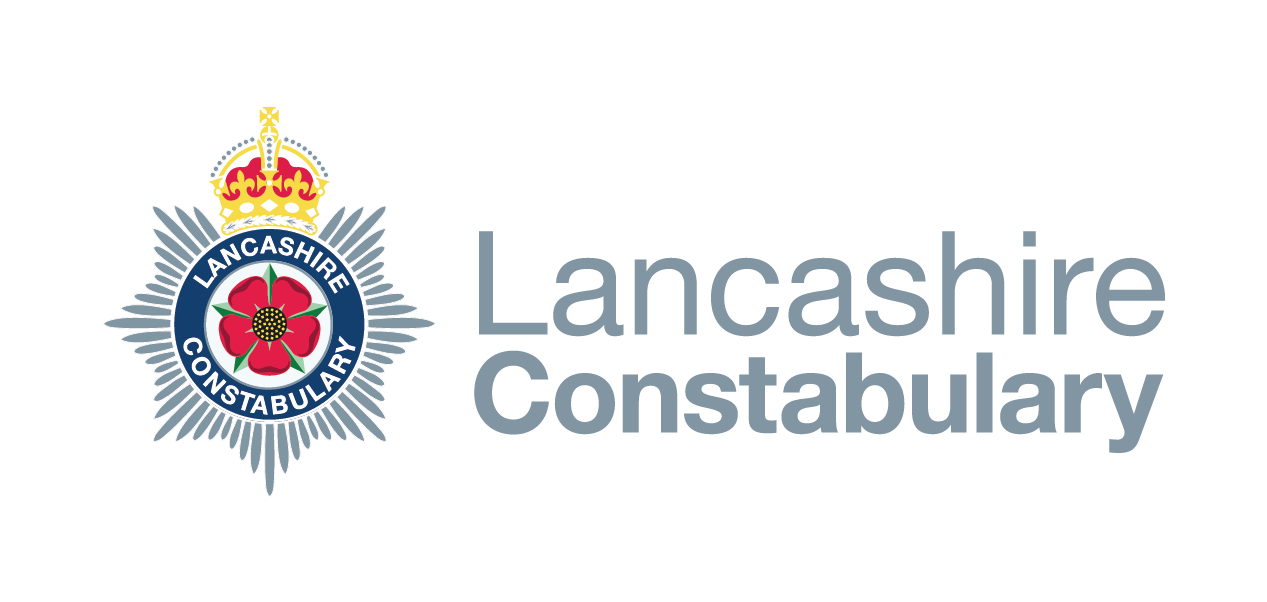What is fish poaching?
Fishing for salmon, trout, freshwater fish and eels by rod and net is governed by the provisions of the Salmon and Freshwater Fisheries Act 1975.
An individual may have rights to take the fish, but he does not exercise rights of ownership over them until they are killed, captured or tamed. Stealing fish is contrary to section 1 of the Theft Act 1968. The Act also creates poaching offences to cover situations where wild fish are taken.
Taking wild fish from a river is poaching, but removing a dead fish from a fisherman's car boot is theft. Taking fish from a lake stocked for an angling society could be theft, depending on whether the fish has a sufficient element of freedom in a large lake to be considered wild. Fish confined by fences to a small section of running water might be subject to theft. Removal of fish from keep-nets, fishing nets and traps is theft.
It is an offence to take or destroy, or attempt to do so, any fish in water which is private property or in which there is any private right of fishery. Enforcement is governed by the time of day and means adopted to take the fish:
Prohibited methods
Under the Salmon and Freshwater Fisheries Act 1975 it is an offence to use, or possess with intent to use, the following prohibited implements to take or kill salmon, trout or freshwater fish:
- A firearm as defined by the Firearms Act 1968;
- An otter-lath or jack, wire or snare: an otter-lath or jack is a floating device for running out lures, and is often a board to which baited lines are attached, usually moored to or trailed by a boat;
- A cross line or set-line: commonly used by poachers and consist of a simple, weighted, line tied to a stick with baited hooks attached. An unattended rod and line could also be classed as a set-line. A cross line goes from bank to bank and a setline is cast into the water and secured at one end;
- A spear, gaff, stoke-haul and snatch are implements used for foul-hooking by dropping weighted lines into the water and jerking the hooks into a body of the fish. A weighted treble hook cast by a rod is sometimes used in this way;
- A light.
It is an offence to throw or discharge any stone or other missile to take, kill, or facilitate the taking or killing of salmon, trout and freshwater fish.
Fish licences
A person commits an offence if, in any place in which fishing of any description is regulated by a system of licensing, he:
- fishes for or takes fish without a licence, or uses a means prohibited by licence, or contrary to the licence conditions;
- has in his possession, for the purpose of taking or killing fish, an instrument other that one which he is authorised to use by licence.
It is an offence under the Salmon and Freshwater Fisheries Act 1975 to fish for, take or kill fish during the close season. The season for each species vary according to the method used. In addition the seasons may differ, by several weeks, from one water authority to another.
There is no close season on certain still waters and certain canals.
Sale and possession
It is an offence to buy, sell or possess for sale salmon between 31 August and 1 February or trout (other than rainbow) between 31 August and 1 March.
The sale of salmon preserved by various means outside the United Kingdom at any time or within the United Kingdom between 1 February and 31 August. Trout may be bought and sold if preserved within the United Kingdom between 1 March and 31 August. Trout may be bought and sold at any time for the purposes of stocking , restocking, artificial propagation and science.
Packages
It is an offence to send consignments of salmon or trout at any time unless the package is conspicuously marked salmon or trout on the outside. Packets suspected of containing salmon or trout may be inspected by a police officer, water authority official, ministry official, officer of a market authority or the fishmongers.

